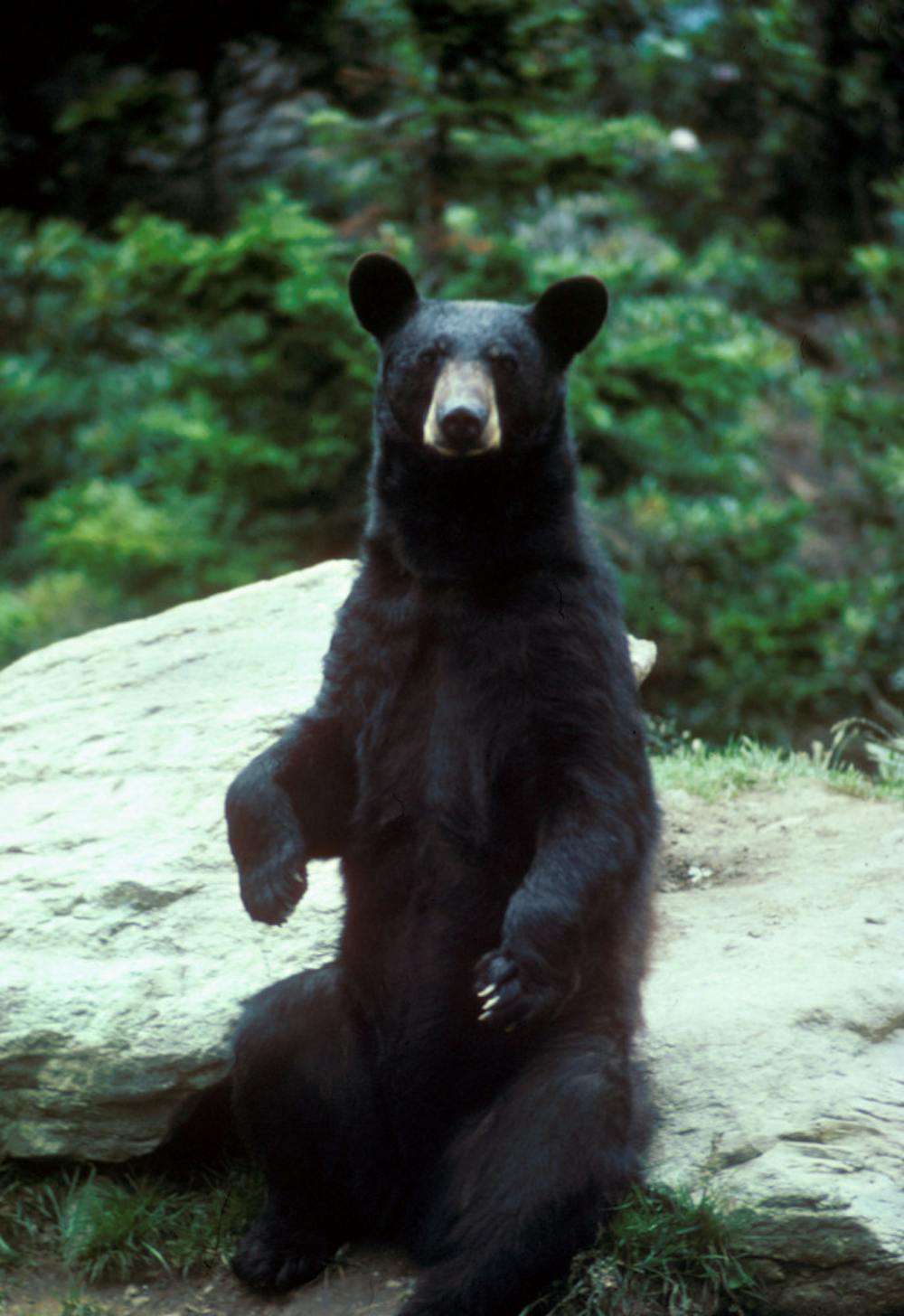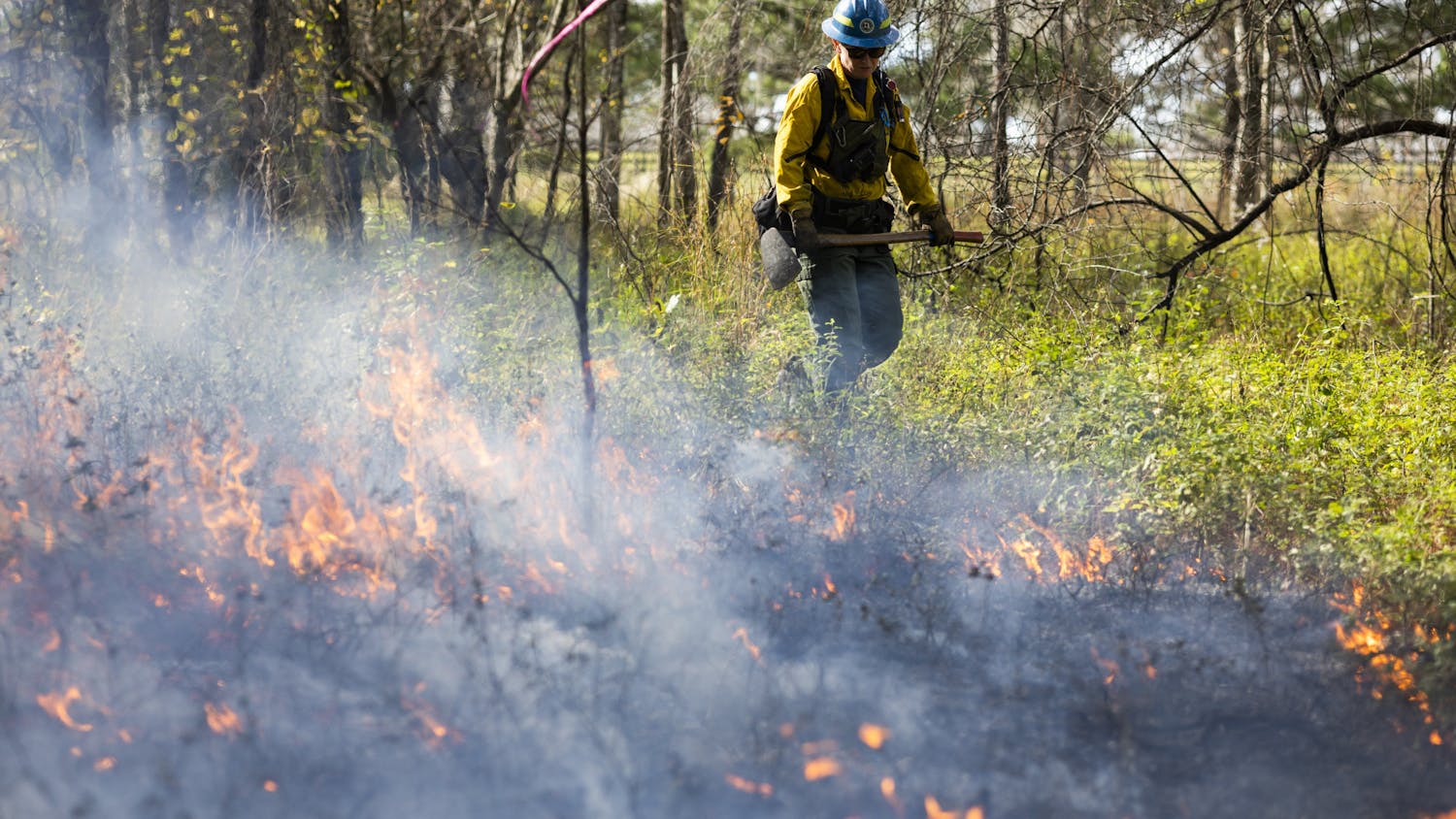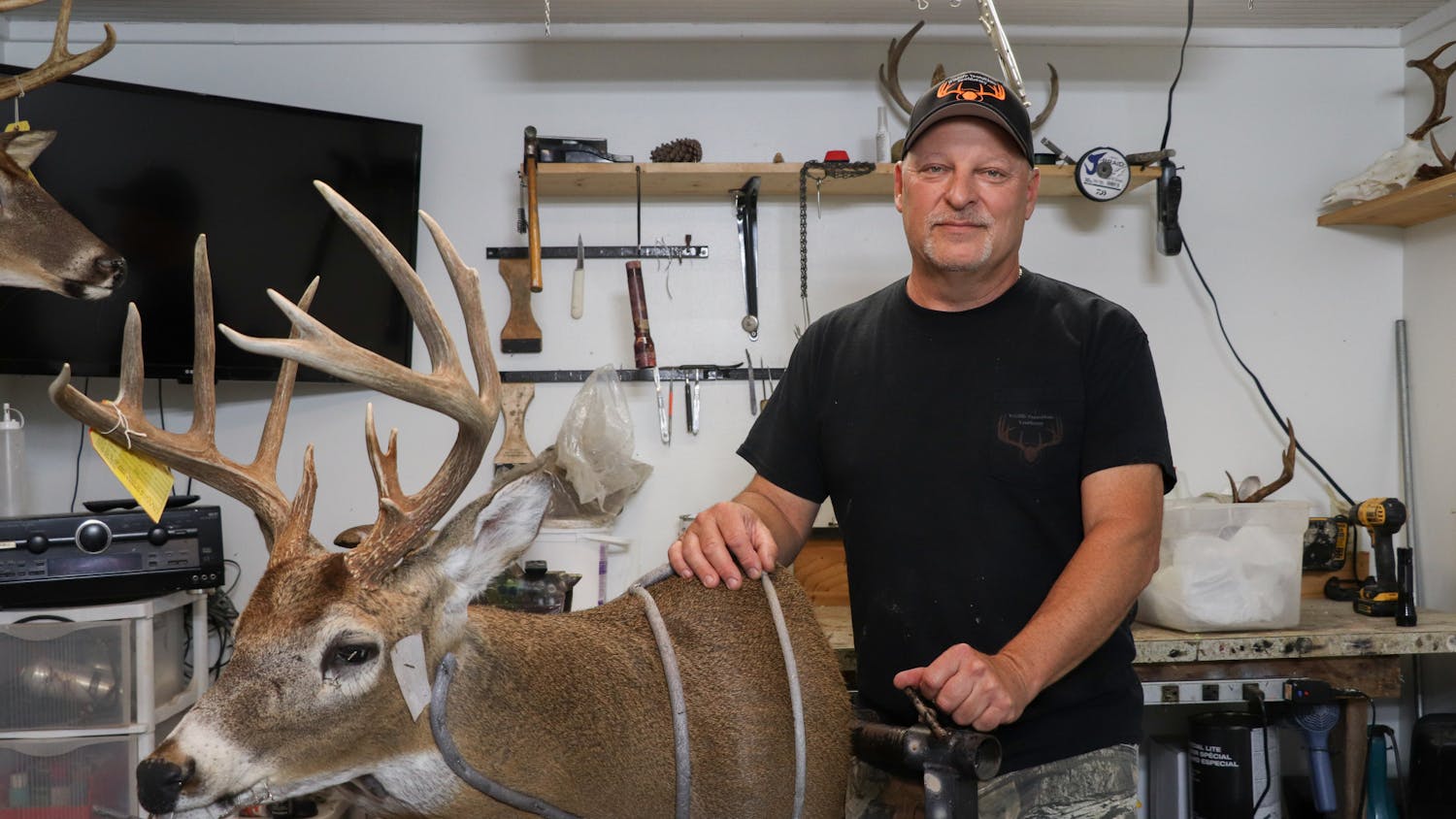Edit: (This post has been modified in light of input from a bear expert.)
Florida black bears have had a rocky century.
Bottoming out at just a few hundred in the 1970s, they expanded under protections as a threatened species. Now, in light of recent attacks, there is even talk of opening a hunting season to manage an “overpopulation”.
Aside from the obvious irony of trying to diminish the population of a species we've spent millions to build up until just a few years ago, the mammals are already facing pressure from car collisions and habitat loss. Two hundred eighty five were killed in car collisions in 2012 alone, almost ten percent of the estimated population. Note the word “estimated”; we won't know their true population until a study currently underway finishes next year, making all this talk of overpopulation a bit premature anyway.
Some have argued that we should start a hunt to “put the fear of man” in the bears, a faulty argument for two reasons:
First, a dead bear doesn't learn fear and can't spread it, and second, hunting isn't allowed in neighborhoods where problem bears spend most of their time, meaning that the bears shot would be the ones living in the forest, and those dangerously aclimated to humans would be unaffected.
While I'm not against a limited recreational hunting season to maintain conservation funding and interest, I think it's important to be honest about the real source of the conflict here: an overpopulation of humans.
Florida is now the third most populous state and projected to lose a further 2.3 million acres of bear habitat by the 2060s. A 200 pound bear is bound to run into conflict with the ever-expanding suburbs and communities that seem to drop randomly from the sky, but there are some simple steps we can take to mitigate these risks.
The main way problem animals in general are created is by associating people with food. A can of trash can easily provide the caloric content of a days scavenging, making them irresistible once discovered. Bear proof trash cans should be installed in all neighborhoods where bears are prevalent. Perhaps the state could provide them for homeowners, and pay for the program with revenues from hunting permits.
Second, bear passages should be installed in highly trafficked areas for the safety of both the animals and the drivers. The reduction in car accidents is an obvious plus for Floridians, and a drop in bear mortality could further improve the health of populations and allow for more hunting (and thus conservation funding). The increase in habitat connectivity could also help many other animals that currently have trouble surviving their constant game of asphalt roulette.
Finally, people need to be educated about bear safety. A few generations have gone by since bears were prevalent here, and people need to know how to keep a respectful distance, feel secure with their pets and family, and maintain their yards so as not to create problem bears (bear proof trash cans will help with this).
Black bears can have a bright future in this state. Let's ensure it with proper management and preparation.






